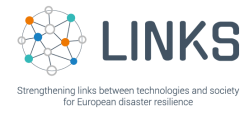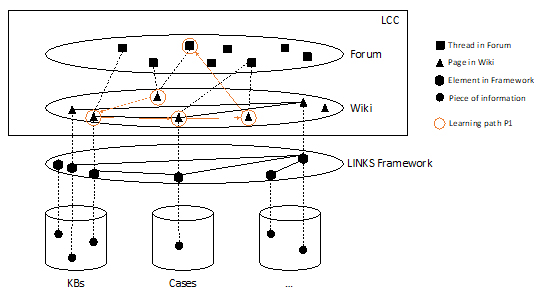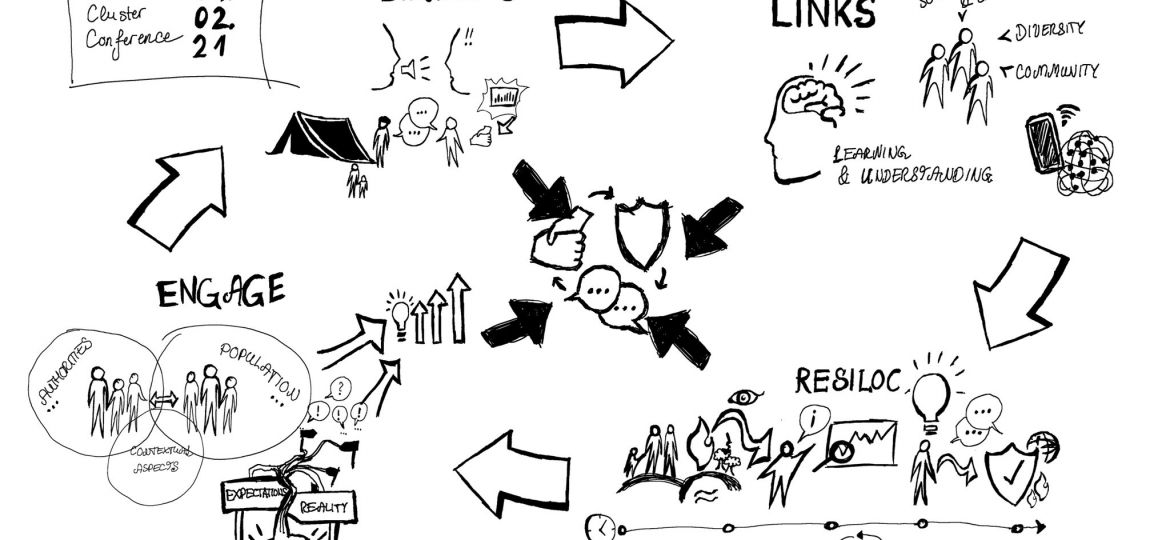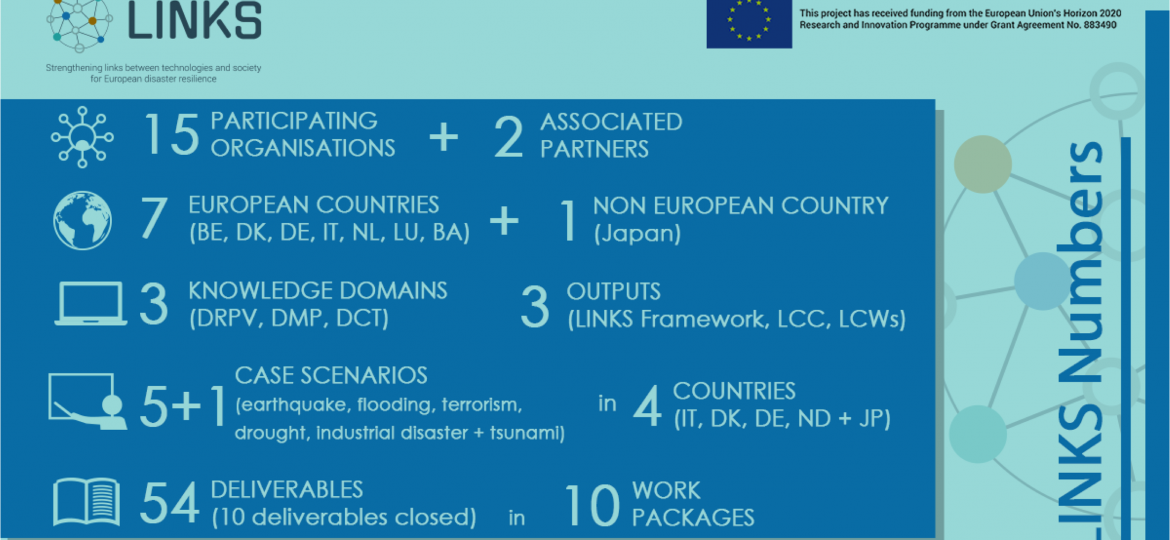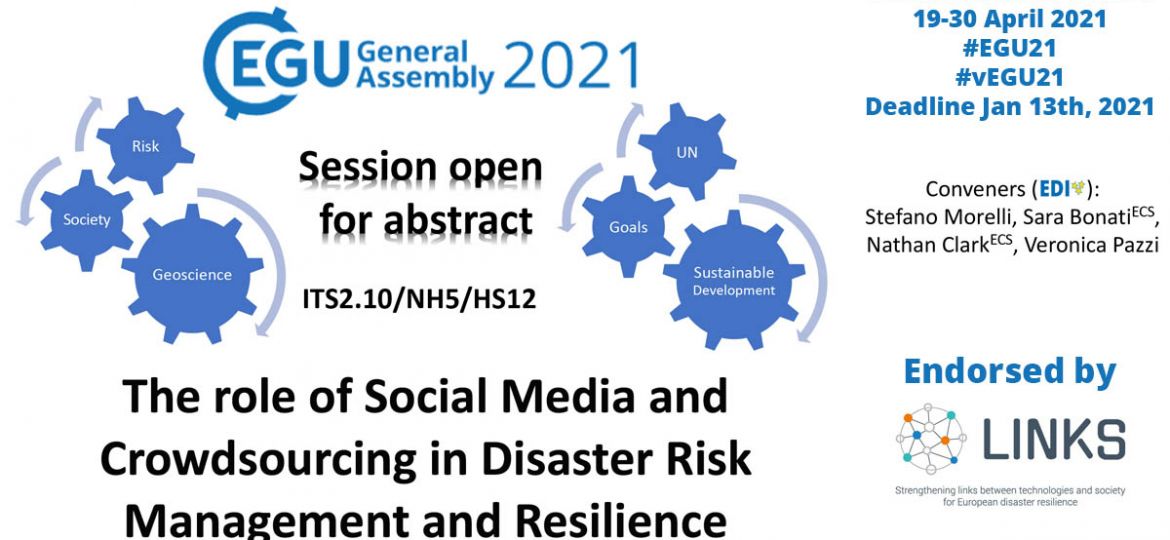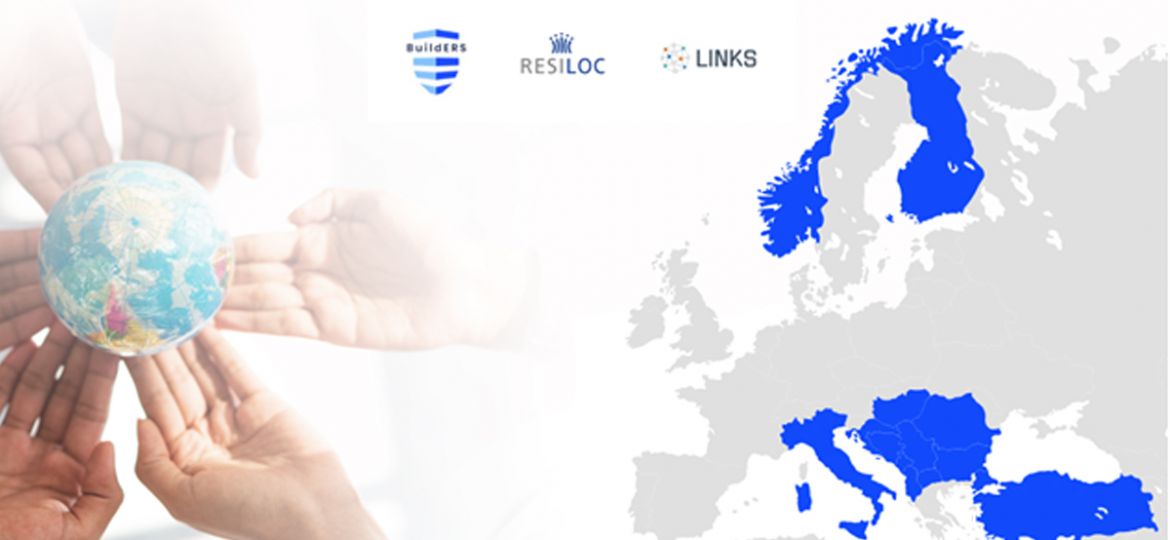A key objective of the LINKS project is to build a sustainable, multidisciplinary, stakeholder community consisting of different actors from different countries, professions and schools of thought but all interested in the field of social media and crowdsourcing (SMCS) in disasters. An important tool for this community is the LINKS Community Center (LCC) as it will be the technical foundation for the online community.
News
The LINKS Framework is the beating heart of the project. It has the ambition of governing the diversity around the uses of social media and crowdsourcing (SMCS)
As we cross the one-year mark of the LINKS project there is much to reflect on, and to look forward to.
The first DRS01 Cluster Conference organised by CMINE was held on February, 4th.
This contribution intends to focus on the relations of LINKS both with the direct stakeholders who will be affected by the project outputs and with the bodies and Institutions who will give appropriate support and visibility to the project (e.g. networks, related projects, etc.).
Disaster Risk Perception and Vulnerability, Disaster Management Processes, Disaster Community Technologies are the three knowledge bases of the projects. They are the starting point of the LINKS Framework, a set of scientific methods, practical tools, and guidelines to understand, measure and govern SMCS for disasters. Let’s see the first results of our study!
Eight months have passed since the start of the project. From the kick off meeting in June 2020, important preliminary activities, which laid the foundations for future ones, have been carried out. Let’s find out the most important achieved results and faced challenges.
LINKS ‘Strengthening links between technologies and society for European disaster resilience’ is a project financed by the European Commission under the Horizon 2020 Research and Innovation Programme
We are pleased to invite you to present your work at the next vEGU21: Gather Online (19–30 April 2021) that will be held entirely online.
A few days ago, on the 13th of October, we all celebrated the International Day for Disaster Risk Reduction acknowledging the importance of protecting lives, livelihoods and health and eliminating disaster risks – targets which are fully aligned with the Sendai Framework for Disaster Risk Reduction 2015-2030 adopted at the Third UN World Conference on Disaster Risk Reduction in Japan in March 2015.
